Cloud services are essential to modern applications. They provide the infrastructure needed to guarantee uptime, responsiveness, security, and a slew of other essential features. These services have complex pricing models, have loads of features, and are notoriously hard to compare.
Amazon AWS and Google Cloud are irrefutably among the largest and best cloud services providers. There are other providers such as Digital Ocean, Vultr, and Linode that offer more cost-effective solutions for specific needs. One-size-fits-all is the business model of many but rarely results in the most efficient pricing. Here are a few of the biggest players on the market today.
Digital Ocean – Concise & Developer Friendly
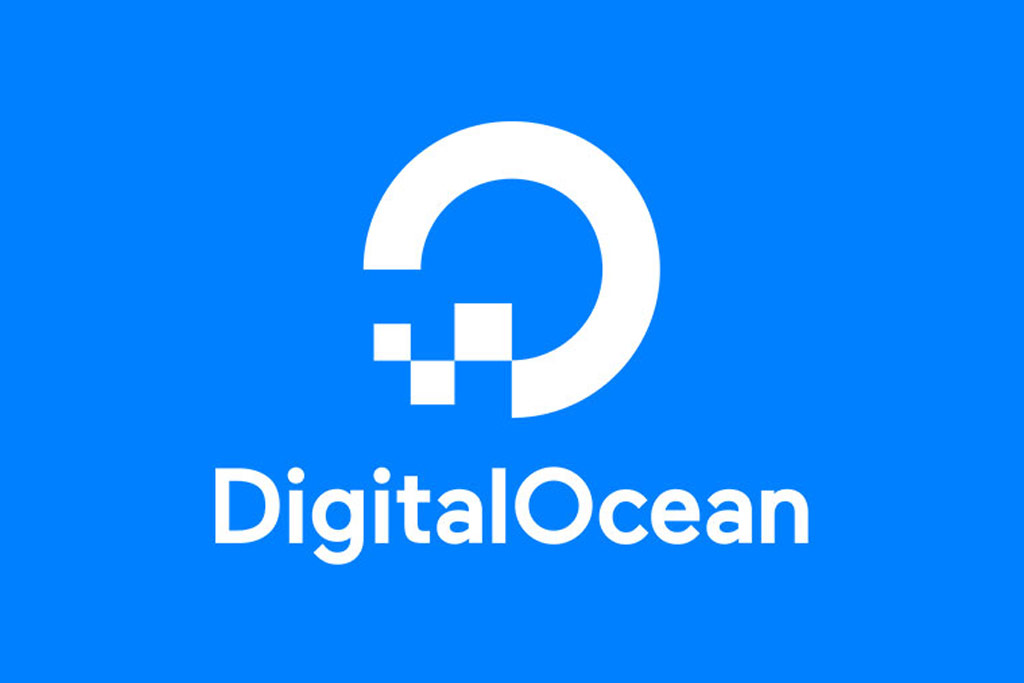
Digital Ocean offers a catalog of cloud computing services that should check off any developer’s requirements list. These include managed kubernetes clusters, object storage solutions, network firewalls, managed database solutions, and a renowned application platform service. Digital Ocean has forged its reputation as a competitor in the cloud services market by catering to individual developers and delivering robust support. They offer a more streamlined and concise organization of services compared to many larger competitors.
Amazon Cloud Services – Enterprise Services for All
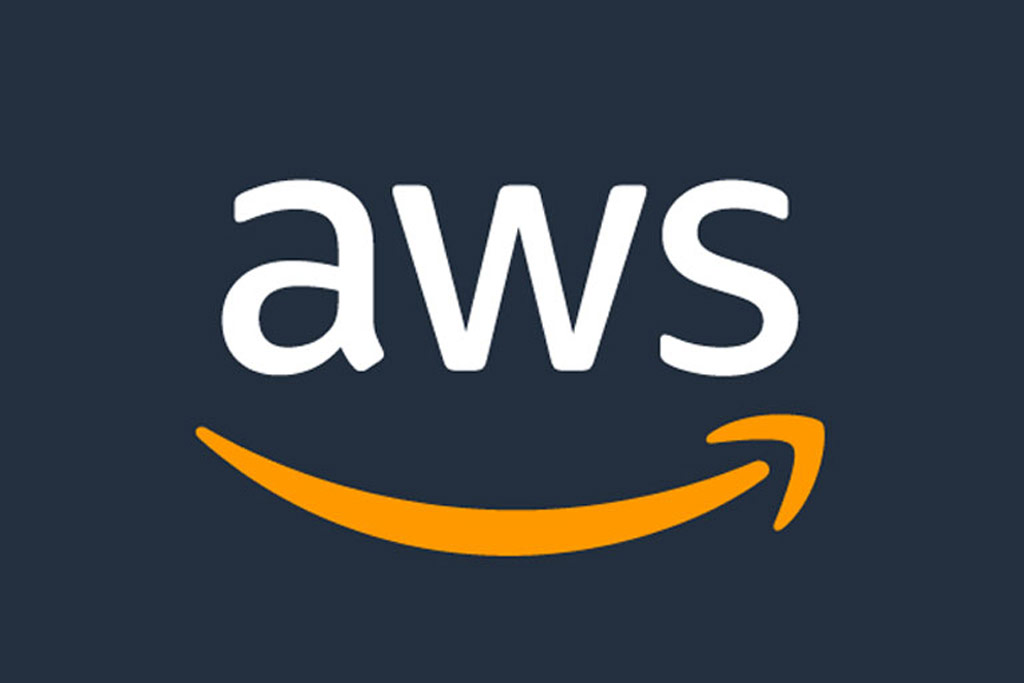
Amazon AWS has been described as the cloud service that “powers the Internet.” Their services include nearly everything one could possibly need ranging from DNS Zone management (Route53), cloud computing (EC2), and scalable storage (S3), to more nuanced services like credentials management. Amazon AWS is rarely the cheapest cloud computing option but certainly the most comprehensive and best all-in-one option.
Google Cloud Computing
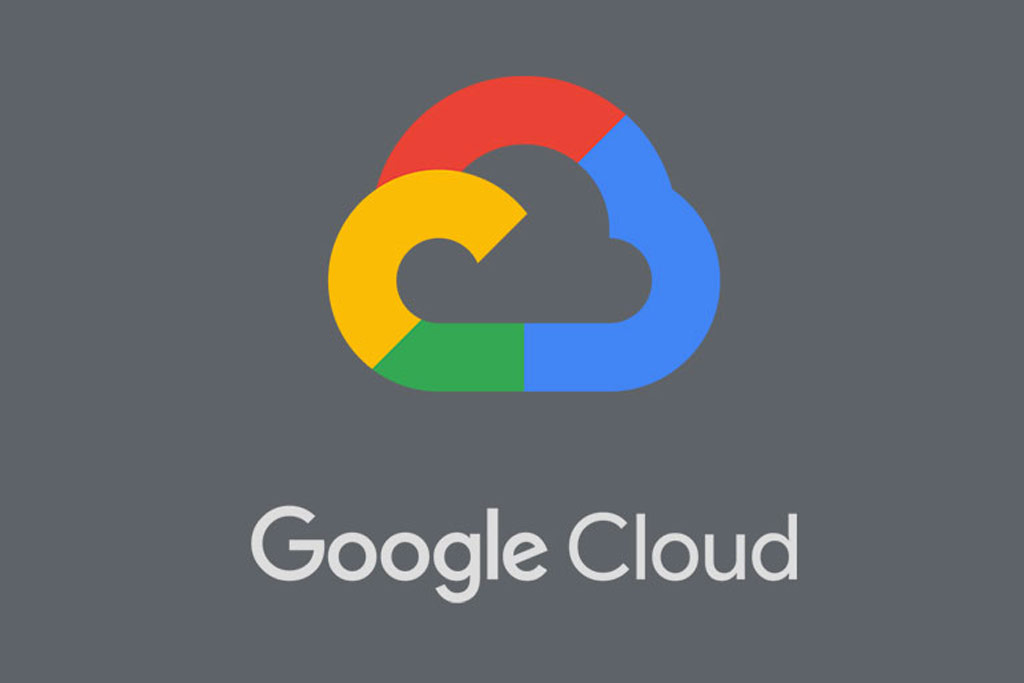
Google’s Cloud Computing platform boasts 27 regions with 82 zones across more than 200 countries and territories. Their services include relational database hosting, compute instances, analytics tools, machine learning, and API integration with all the well-known Google services such as Maps, reCaptcha, and Translation services. Google offers new accounts a sign-up bonus of 300+ dollars and many services come with free-tier options.
Microsoft Azure Cloud Computing
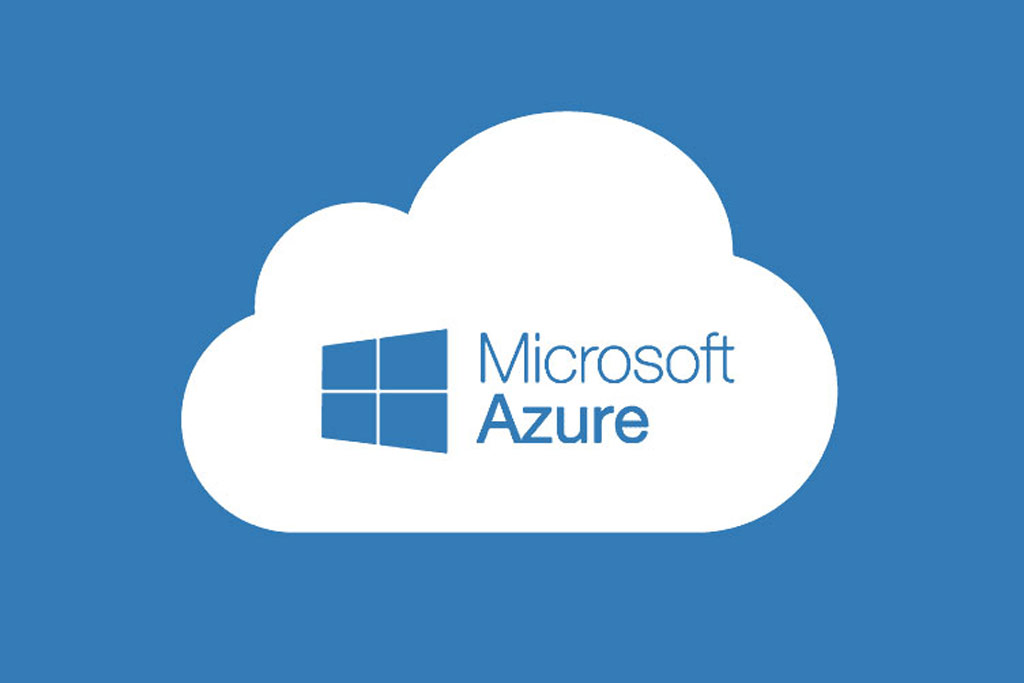
Microsoft’s Cloud Computing platform includes services ranging from virtual machines (yes, they have Linux machines), Kubernetes, AI & Machine learning resources, blockchain solutions, and even quantum computing resources. Microsoft cloud services are as enterprise-grade as one could ask for and include powerful features such as usage-based billing, performance tracking, monitoring, and auto-scaling of resources.
Ionos by 1&1 – Managed Services
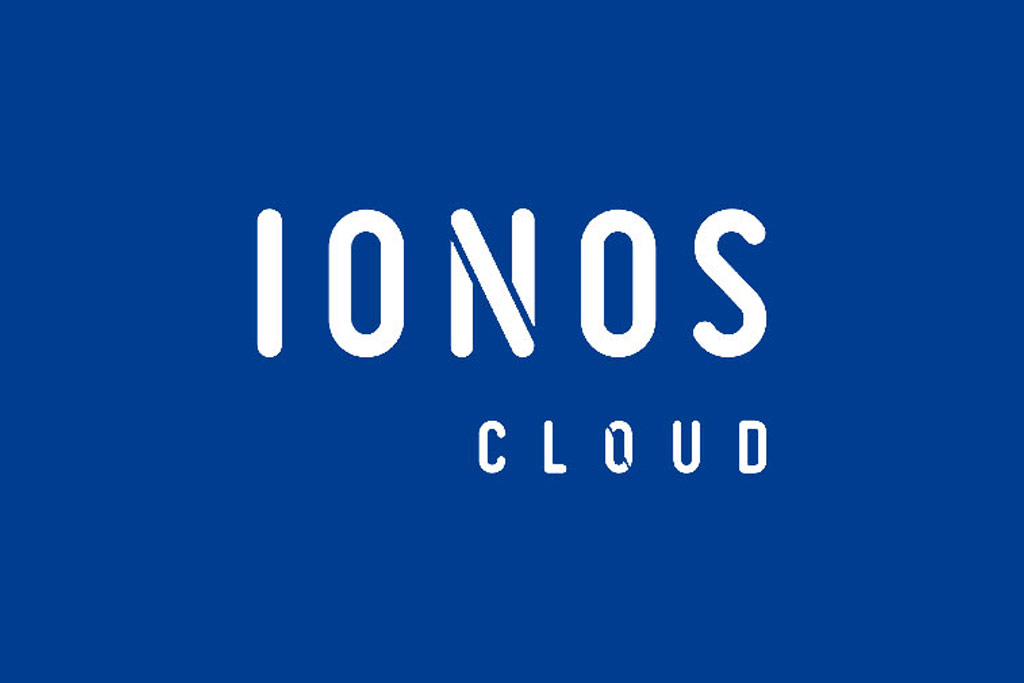
Ionos Cloud is the cloud computing services division of Ionos which offers a wide range of services including managed kubernetes, S3 objects storage, Virtual Private Servers (VPS), and a range of network services including DDoS protection, managed network load balancers, and instance-based compute engine solutions. Ionos has data centers located primarily across Europe and also on the East and West coasts of the United States.
Linode
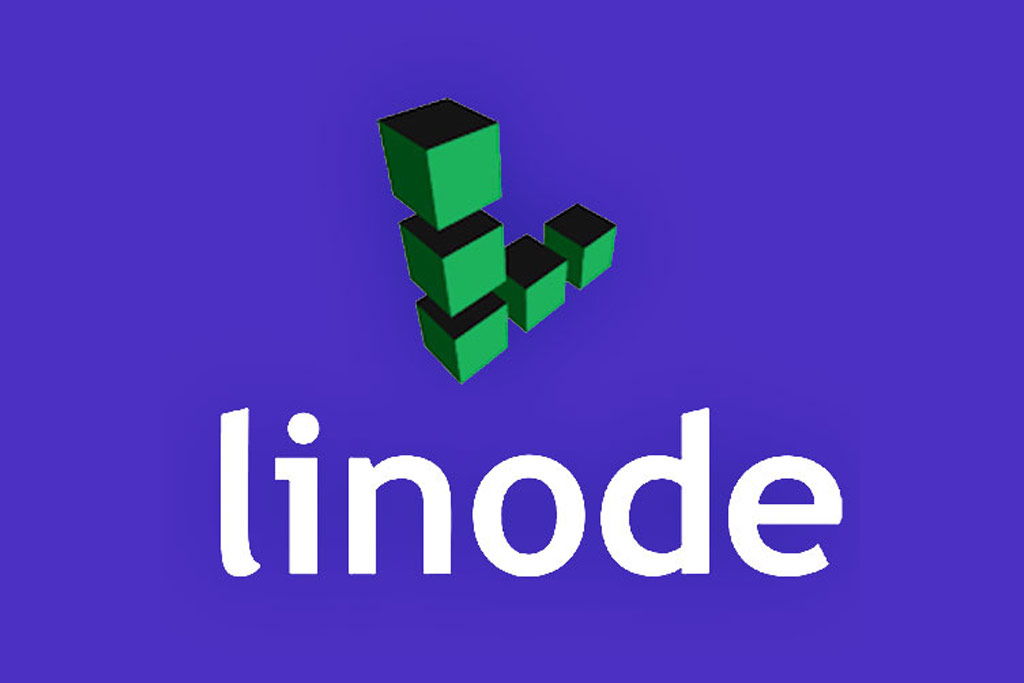
Linode is among the top-rated cloud computing services and offers a wide range of products catering to small teams and projects. They offer dedicated computing environments, distributed firewalls, robust storage options, and even GPU-focused computing resources for machine learning and AI applications. Linode offers managed solutions for many cloud services and even provides free migration for cloud-based solutions.
Vultr – The Infrastructure Cloud
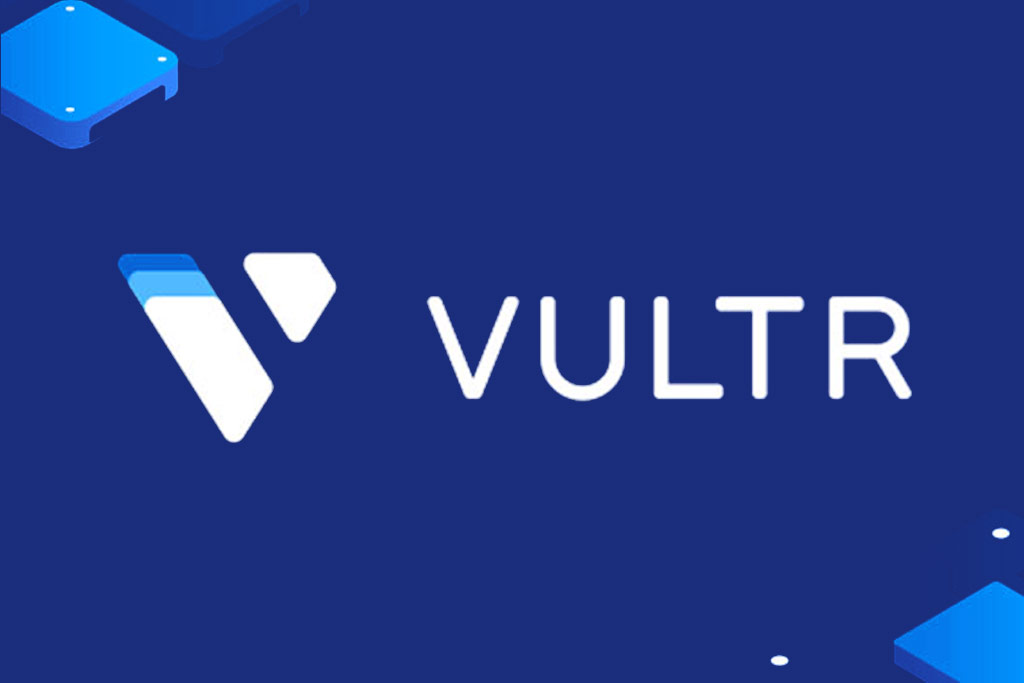
Vultr offers a wide range of compute solutions with more than a dozen data centers located around the globe. Their services include compute instances, SSD-backed scalable storage, dedicated servers, and all the bells-and-whistles one expects from an enterprise-grade cloud service provider such as load balancing, containerized applications, and redundant storage solutions.
Review
Cloud services providers are essential to building highly-scalable, highly-available modern applications. Many providers like AWS offers abstracted versions of essential services like load-balancers to help make life simpler for developers. Smaller service providers like Digital Ocean may have fewer overall services but tend to have more modernized features and more current equipment.
It is reasonable to expect a free-tier plan from most services. Amazon and Google offer frier tiers for most services and Digital Ocean offers similar pricing for their newer App Platform (near one-click deploys.) The appropriateness of a cloud provider is often determined by an application’s needs. More often than not, developers need to be willing to try out several platforms with similar features to find the best fit.






















